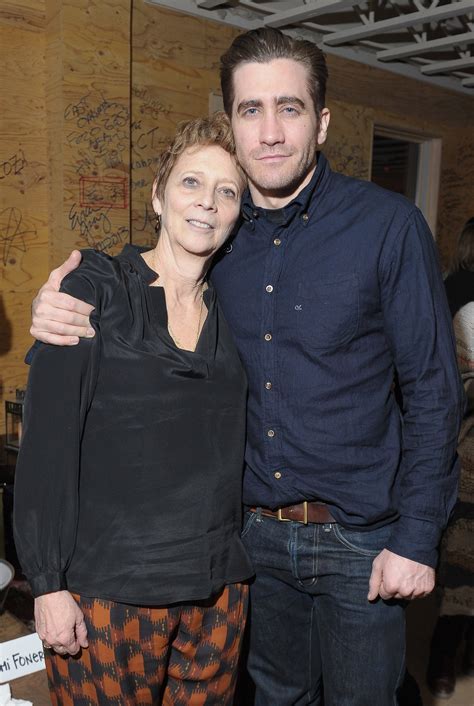A Quote by John D'Agata
I'm an essayist. And this is a genre that has existed for a few thousand years. Ever heard of Cicero? So these rules that I'm working under are not mine but rather were established by writers who recognized the difference between the hard research of journalism and the kind of inquiry of mind that characterizes the essay.
Related Quotes
Mothers know the difference between a broth and a consommé. And the difference between damask and chintz. And the difference between vinyl and Naugahyde. And the difference between a house and a home. And the difference between a romantic and a stalker. And the difference between a rock and a hard place.
It's very hard to be a screenwriter. I remember getting a couple of awards. I got a PEN West award a million years ago when I did Running on Empty, and I sat in the room with all these writers. They wrote everything from novels to non-fiction to children's books to journalism - any kind of writing - and I realized that there was no one in the room who would ever read anything I'd written.
I felt no shame in these activities, because I understood what almost no one else seemed to grasp: that there was only an infinitesimal difference, a difference so small that it barely existed except as a figment of the human imagination, between working in a tall green glass building on Park Avenue and collecting litter in a park. In fact, there may have been no difference at all.





































